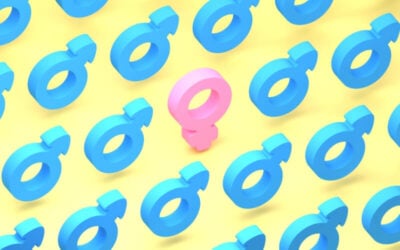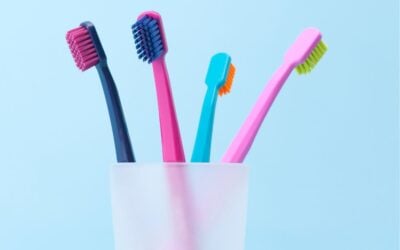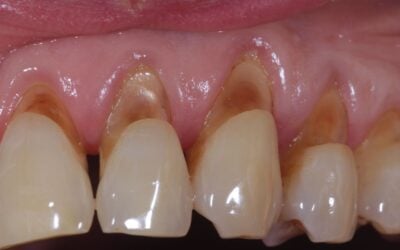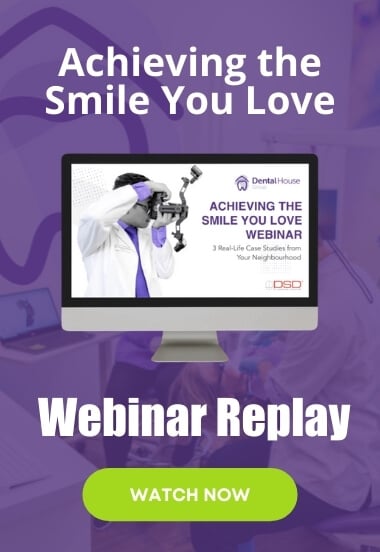Is It Possible We Perceive Dentists As Being Disappointed In Us?
Is It Possible We Perceive Dentists As Being Disappointed In Us?

We fabricate and abdicate reality and truth when it suits; individually and en masse. Our world is a series and process of perception and deception because it’s cohesion that we seek – and our narrative has to maintain that.
We do it differently, and we do it the same; it’s all sanctioned madness within a history of unreason.
The concept of madness is a provocation. It’s the questioning and rejection of science. A phenomenon of all societies, and the symbolic fabric that weaves the notion of stability and order. It lay in the strata of conscience, confronting meanings that are so fruitlessly repressed, always in the hope of overcoming some Biblical demons or the psycho-dynamics of the complicated machines that we are, determined to live some recognisable pathway of prognosticated significance.
It’s nuts.
‘Woke’ is whack. No longer simply the past tense of ‘wake’ it was first used specifically by African Americans in the 1940s in relation to the sensitive issues of justice. It has since been politicised, patronised and industrialised to emerge highjacked and twisted: a hollow caricature so devoid of true definition that those originally identifying as such, no longer use it. The road to its abandonment was paved by the malicious intent of those with opposing views – so good are we at weaponising, and basically wrecking stuff.
Like the good intention and the professional perspective of dentists.
Globally, the prevalence of dental fear and anxiety (DFA), high DFA and severe DFA in adults is 15.3%, 12.4% and 3.3% respectively.
So overall, almost a third of the world population of grown ups have a less than grown up idea of dentists – often borne from unfortunate dental chair experiences, or the influence of parents and other holders of emotional currency.
Those with higher levels of dental anxiety commonly perceive them as somewhat unsympathetic and indifferent; sometimes with much more negative attributes and responses that wouldn’t be out of place in ‘The Science of Scare’.
Now in its third year, it technically proved Rob Savage’s 56-minute feature film Host its winner, closely followed by Sinister, starring Ethan Hawke and written by C. Robert Cargill. With the average resting heart rate of 64 beats per minute, Host averages 88 with its highest spike at 130. Sinister lags that average by only 2; making it the sporting equivalent of Billy Mills in the ’64 Tokyo Olympics.
Even those who don’t harbour a dental phobia on any scale can still view those in the profession differently to general practitioners and other medical specialists.

It’s more stuff we just make up; undeniably, it’s an issue of perception.
According to Abigail Marsh, associate professor of psychology at Georgetown University, most emotional communication is inherently ambiguous. It relies on our own personality, learning history, expectations, and present state.
For example, if we presuppose someone is angry with us, we’re more likely to look for signs of that anger; and interpret anything indefinite as indicative of that ire. If, however, we think they’re going to be supportive, the interpretation of any similar ambiguity can equally be perceived as concern.
We misconstrue the emotions of others all the time.
Even in controlled laboratory settings, the accurate identification of the simple emotions of happiness, anger, fear, and disgust is only 75%. And there is individual variation because of personal sensitivity to specific emotions.
It’s a truth that offers different perspective on numerous statements made on X, (formerly known as Twitter) regarding dental appointment experiences:
“I’ve grown to fear judgment from my dental hygienist and in turn dentist far more than any mouth pain. Even though I’m now flossing regularly, they always have something negative to say, like I’m flossing too hard, or I’m not making enough of a ‘C’ shape with my floss when I do it.”
“I very literally got yelled at by one dentist for the state of my teeth during an appointment.”
“I once had a dentist get rather upset and tell me I brushed my teeth too vigorously, at which point I officially gave up and just accepted that my efforts at dental hygiene are futile.”
Is it projection of the disappointment we have in ourselves, coupled with some need to be reprimanded?
The commonality of course, is that our dentist is upset and disappointed with us – but is this ever actually true?
According to dentists, absolutely not.
Their empathy, training and professionalism leave no space or proclivity for the useless exertion of anger or disappointment in a patient.
Sure, sometimes there can be low level frustration if an agreed plan home plan hasn’t been followed through. Not because of inappropriate emotional investment, but because of the compromised health outcome of the patient under their care.
To educate, encourage and improve someone’s oral health is not about making them feel worse.
After 34 years in general dentistry, and now Clinical Associate at the University of Pennsylvania School of Dental Medicine, Dr Jessica Hilburg is the eloquent expression of 21st century dentistry when she says, “I’ve had new patients that come in and seem almost apologetic that they haven’t been to the dentist in a number of years, or months, or whatever it is,” she said. “And what I say to them always is – there’s no reason to feel guilty. You’re here right now, so let’s move forward. And that’s that.”
To consider it any other way, is nuts.
DISCLAIMER:
The content has been made available for informational and educational purposes only. New Gisborne Dental House does not make any representation or warranties with respect to the accuracy, applicability, fitness, or completeness of the content.
The content is not intended to be a substitute for professional personal diagnosis or treatment. Always seek the advice of your dentist or another qualified health provider with any questions you may have regarding a dental or medical condition. Never disregard professional advice or delay seeking it because of something you have read or seen on the Site.













